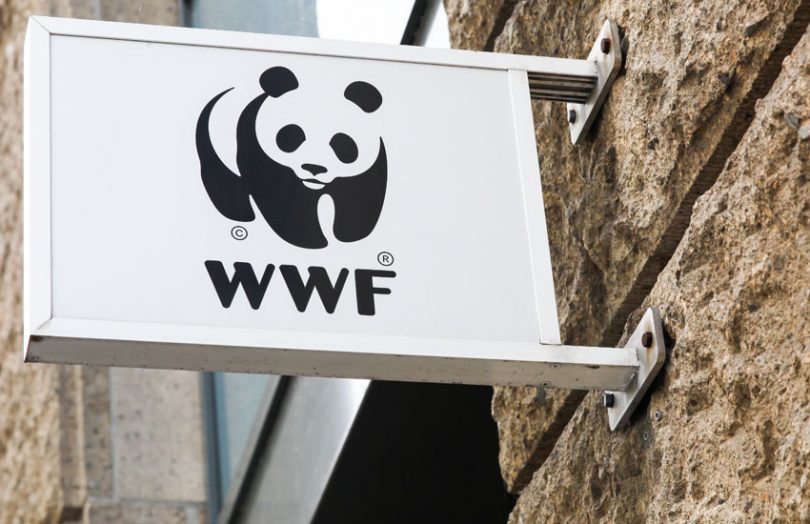Today supply chain blockchain
OpenSC announced a $4 million seed round funding. OpenSC is the sustainability supply chain venture initiated by the World Wide Fund for Nature (WWF) Australia and BCG Digital Ventures, part of the Boston Consulting Group.
Additional investors that have joined the funding round include Working Capital (supported by Humanity United) which focuses on sustainable supply chains and Christian Wenger of digital Switzerland.
“The work they (OpenSC) are doing is creating positive and scalable outcomes for people and the planet,” said Christian Wenger. “With three world-leading organizations bringing their capabilities together – from WWF’s decades of conservation expertise and BCGDV’s impressive track record of building successful ventures to Working Capital’s focus on human rights and ending modern slavery – the potential of OpenSC to make a positive impact is incredibly exciting.”
Article continues …
Want the full story? Pro subscribers get complete articles, exclusive industry analysis, and early access to legislative updates that keep you ahead of the competition. Join the professionals who are choosing deeper insights over surface level news.







